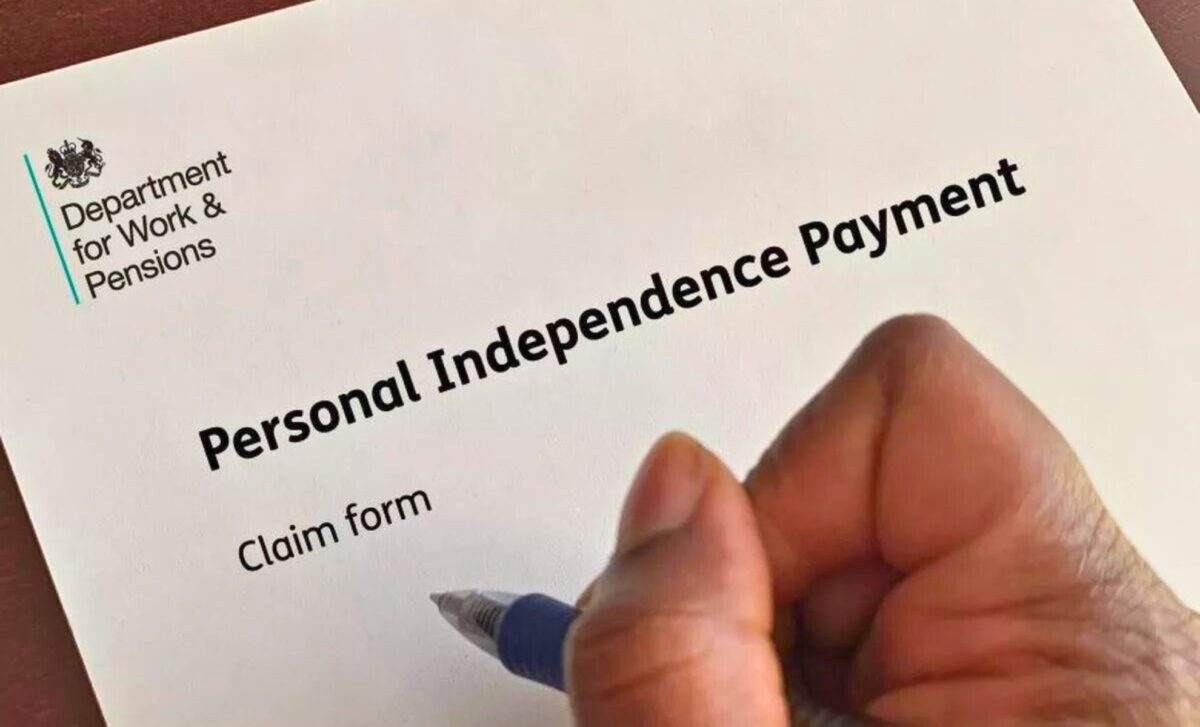The UK government is exploring a complete replacement of Personal Independence Payment (PIP), with a new benefit that aims to create a fairer and more dignified system. The Commission on Social Security has launched a consultation process, inviting those with experience of PIP to share their views on a proposed Additional Costs Disability Payment that could replace the existing system.
This initiative comes as the Department for Work and Pensions (DWP) prepares to introduce reforms to the disability benefits system. The changes could significantly alter eligibility criteria, assessment processes, and payment structures, impacting the 3.6 million people currently claiming PIP.
Why Is the Government Considering Replacing PIP?
PIP is a non-means-tested benefit designed to help individuals with long-term physical or mental health conditions manage additional living costs. It is currently divided into two components—daily living and mobility—with payments ranging from £28.70 to £184.30 per week, depending on the severity of a claimant’s condition.
However, critics argue that the system is flawed, overly complex, and often unfair in its assessments. The Commission on Social Security, an independent body funded by the Trust for London, has proposed a simplified payment structure with just three payment levels instead of the current four:
- £83.70 per week for those needing minimal support
- £152.15 per week for those requiring more assistance
- £230.77 per week for those with significant needs
Additionally, the proposed system would expand eligibility criteria to better reflect the everyday challenges faced by disabled people, such as personal care, safety, home management, and mobility issues.
Calls for a More Supportive and Inclusive System
One of the key concerns raised by advocacy groups is that PIP assessments are often designed to find reasons to deny benefits, rather than supporting claimants. The Commission has suggested a fundamental shift in approach, stating:
“Assessors should work with claimants to see what they need, rather than looking for grounds to deny the benefit.”
Under the proposed system, PIP would also be granted for life where necessary, eliminating the need for frequent reassessments, which many claimants find stressful and unfair.
The consultation process will shape the final recommendations that the Commission presents to the DWP later this year. The consultation covers eligibility rules, assessment procedures, and advocacy services, with a focus on ensuring disabled people receive the financial support they need.
DWP’s Position and Planned Reforms
The DWP has confirmed that significant changes to PIP are already in progress under a separate reform programme initiated by the previous government. These reforms, according to Social Security Minister Sir Stephen Timms, will “transform the entire service”, covering everything from eligibility to decision-making and payment processes.
A DWP spokesperson commented:
“We have been clear that the current welfare system needs reform, so it is fairer on the taxpayer and people can get the support they need to move into work.
“Building on our Get Britain Working White Paper, we will bring forward proposals for reforming the health and disability benefits system within weeks, and are working closely with disabled people, disability organisations, and people with health conditions so their views and voices are at the heart of our plans.“
The department is also set to release a Green Paper in the coming months, outlining Labour’s plans to overhaul the health and disability benefit system. Although details are yet to be confirmed, the government has already committed to maintaining the £3 billion in welfare savings initially proposed by the previous Conservative administration.
What Happens Next?
The consultation is a major opportunity for disabled people and advocacy groups to influence the future of PIP and disability benefits. Ken Butler, a policy adviser at Disability Rights UK, has urged people to participate, stating:
“DR UK would encourage Disabled people and their organisations to take part in the Commission’s survey.
It’s a very welcome and timely antidote the DWP’s forthcoming Green Paper aimed a making £3 billion of cuts to disability and health benefits expenditure.”
With millions of claimants potentially affected, the outcome of this consultation and the government’s forthcoming welfare reforms could mark the biggest shake-up to disability benefits in years. Whether PIP will be completely replaced or restructured remains to be seen, but for now, the consultation process is giving claimants a chance to shape the future of disability support in the UK.









